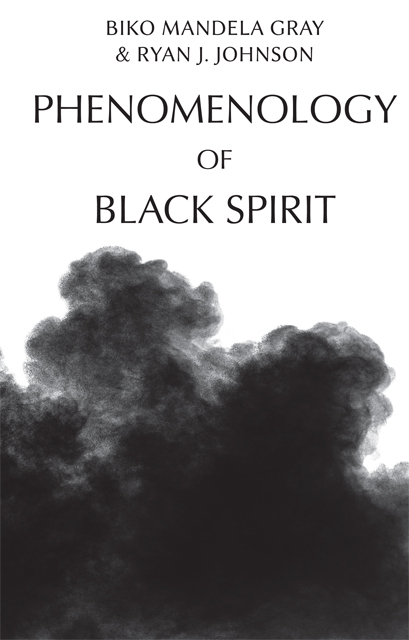3 - Scepticism
Published online by Cambridge University Press: 10 August 2023
Summary
Stoicism’, Hegel writes, ‘is the freedom which always comes directly out of bondage and returns into the pure universality of thought’ (PS 200). Refracted through Booker T. Washington’s hyper-pragmatist lens, stoicism becomes the disposition of those who come ‘up from slavery’. From Washington’s perspective, those who have experienced bondage in all of its concrete and symbolic violence must come out of slavery into what could only be understood as the colourless – and therefore purely universal – ideals of work, discipline, and cleanliness.
As we saw with Ida B. Wells at the end of the last chapter, however, such ideals – perhaps in and through their figuration as ‘pure’ – offered little solace for those kissed by the sun, the dark incarnate. Slavery may have ended in legal name, but the violence of antiblackness persisted. Wells knew this; she knew better; she knew that antiblackness would not release its grip on Black life so easily. She therefore committed to her own brand of stoicism, one in which Black life would be the ideal. She wanted Black people to live – or at least to not die – and this motivated the continuous fury of her pen. She was a stoic in commitment, not content, because, again, she knew better. Knowing better, she did better.
In doing better, Wells inaugurated a transition from Washington’s sterile stoicism to what we might call a more grounded stoicism characterised by the practical commitment to preserving Black life. And it is precisely Wells’ stoicism – not Washington’s – that provides the opening for considering of the next phase in a phenomenology of Black spirit: scepticism.
This chapter takes up scepticism in a sustained fashion. W.E.B. Du Bois, the sharp, slightly younger critic of Washington, is the protagonist here. While Hegel provides a conceptual scaffolding for scepticism, Du Bois embodies it. This chapter considers Du Bois’ sceptical take on what we call stoicism’s Warring Ideals and Triple Paradox, through concepts that resonate as much in Hegel as they do in him: second-sight, afterthought, and of course double consciousness. With these concepts, Du Bois shifts the character of Hegelian scepticism, providing flesh to the phenomenological bones of Hegel’s logic.
- Type
- Chapter
- Information
- Phenomenology of Black Spirit , pp. 101 - 140Publisher: Edinburgh University PressPrint publication year: 2022



